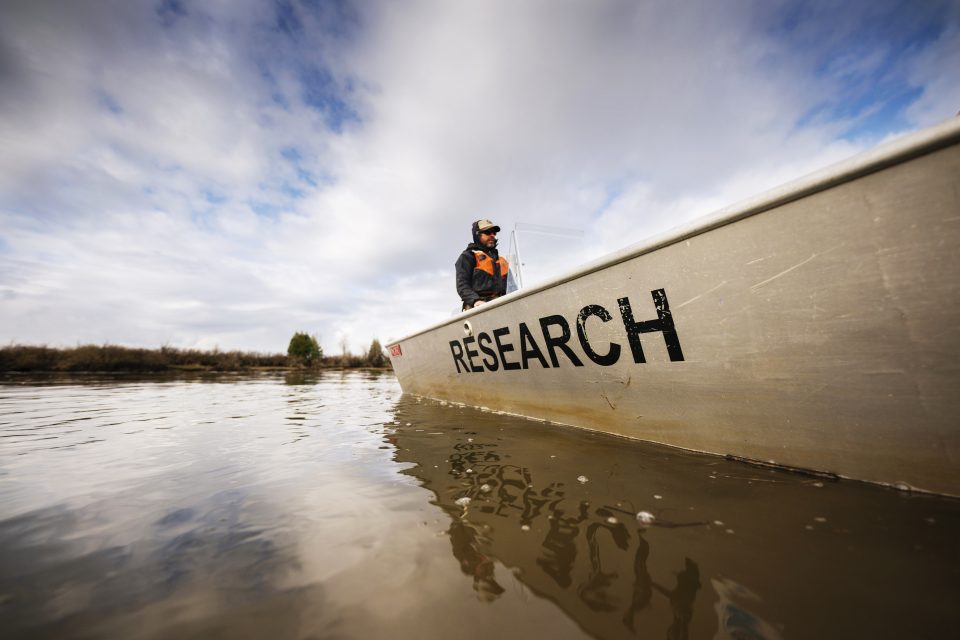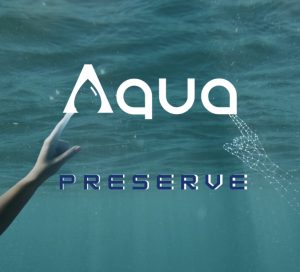By Brian Cann, Regional Director, Eastern Canada at Microsoft
The latest reports from the UN detailing the severe and often irreversible impacts of climate change on our world are sobering. After a temporary drop during COVID-19 lockdowns, fossil fuel emission rates have risen to above pre-pandemic levels as greenhouse gas concentrations continue to rise to record highs. Floods, droughts, heatwaves and extreme storms disproportionately affect our most vulnerable populations as we face increasing socio-economic impacts across the globe.
Fighting the impacts of climate change require urgent and ambitious cross-industry action and bold technological innovation. Microsoft is committed to a net-zero future as we work towards our own goal of reaching carbon negative by 2030. We’re proud to partner with Desjardins for a fourth year to invest in the future of climate change innovation. As part of Desjardin’s Cooperathon, Microsoft asked aspiring entrepreneurs and tech start-ups in Quebec and beyond to create solutions that leverage artificial intelligence to improve climate predictions and waste reuse.
This year’s applicants displayed incredible creativity and talent in tackling the challenges of climate change using Microsoft AI technology. We’ve selected two winners among two groups of applicants – Alpha: aspiring entrepreneurs and Beta: tech startups with a working prototype.
Invasive species are a growing reality as the planet’s climate warms and they migrate to new environments, often hitching rides on watercrafts. They are rapidly spreading in the Great Lakes, resulting in loss of biodiversity and increase in zoonotic disease, and fueling significant negative impacts for fisheries, tourism and natural biodiversity.
Underwater, invasive species can be particularly difficult to track and identify. Current manual tracking in North America is redundant and expensive, costing $4.6 billion annually. The Government of Canada’s Department of Fisheries and Oceans relies on an outdated reporting system that makes data collection nearly impossible.
AQUAPRESERVE is a 4K HD underwater camera with intelligent “fish-facial” recognition to monitor invasive species in lakes and rivers. The camera system automates the ability to capture real-time images that are uploaded to the PRESERVE platform in Microsoft Azure using IoT Central. AI automatically classifies the images and provides insights including water temperature and weather conditions. A complimentary app helps government partners to manually identify complex images. While this technology is still being piloted, there is promising potential for solutions like this to positively impact the environment while also creating new efficiencies for the Department of Fisheries and Oceans.
CANN Forecast (CANN) is a Montreal-based company that aims to help prevent water-related crises. CANN builds AI-based decision support tools that allow municipalities across Canada and Europe to protect their public infrastructure, reduce water loss, and optimize their operating costs. CANN Forecast puts open innovation at the core of its value proposition: Each company’s solutions have been co-developed alongside municipal teams, and results from real-time deployments are regularly presented at scientific conferences.
Since 2018, CANN has developed several AI-based solutions to optimize urban water infrastructure management, including InteliSwim – real-time water quality forecasting for urban beaches – and InteliPipes – an AI-based decision support system that identifies the most at-risk watermains before they break.
The urban water cycle is affected by different stressors, including aging infrastructure, urbanization, and climate change. Faced with these challenges, municipalities need to turn their existing data into insights to help them make decisions that will maximize their positive impact. Unfortunately, several roadblocks are slowing down this process, including the lack of readily available climate change scenarios and the presence of missing and erroneous values in live data streams coming from sensors.
Thanks to Desjardin’s Cooperathon and with Microsoft’s support, CANN Forecast plans to integrate weather and climate data from the Microsoft Planetary Computer to provide near-real-time quality control for sensor data and integrate climate change scenarios into its solutions.
Each applicant to the Cooperathon delivered an incredible amount of work, talent and bold thinking. Our hope is that these projects energize others to think creatively and work cooperatively for a better, more sustainable future.
To learn more about Microsoft’s commitments toward reducing the impact of climate change, visit microsoft.com/sustainability.






